




Edition #6
In this issue The Bridge launches a new research journal, introduces the Masters in Professional Practice, shares Dr Karen Taylor’s thoughts on reflective practice, reviews the Festivals of Education in Thailand and the USA and showcases some upcoming events.
We’re thrilled to announce the launch of The Bridge Journal of Educational Research and Theory! This open-access, digital journal aims to bridge the gap between educational theory, research, and classroom practice. We aim to communicate the findings of key research undertaken in the sector, some of it by organisations with whom we already have a good connection, and we welcome submissions from all sources as we believe that by fostering collaboration between educators and researchers, we will challenge traditional hierarchies and deepen our collective understanding of contemporary education.
Get Involved!
Thinking of a research project or have an article to share? We welcome submissions year-round and are seeking peer reviewers. Join our dynamic network by emailing your details to Karen Taylor ktaylor@wellingtoncollege.org.uk, Head of Educational Research at The Bridge.
Beyond Publishing:
Stay tuned for engaging webinars and conferences, connecting educators worldwide for meaningful exchanges.
Editorial Team Highlights:
Led by experts from institutions like the University of Durham and the University of Geneva, we ensure insightful, peer-reviewed content.
• Abdeljalil Akkari (University of Geneva, CH)
• Patrick Alexander (Oxford Brookes University, UK)
• Stuart Kime (Evidence Based Education, UK)
• Jonnie Noakes (The Tony Little Centre, Eton College, UK)
• Jacques Perche (English Schools Foundation, HK)
• Catherine Reading (Durham University, UK)
• Karen Taylor (The Bridge at Wellington College, UK)
• Debra Williams-Gualandi (NHL Stenden University, NL)
Click here for article submission guidelines and send us your work!
To further promote school-based research and the intellectual and personal satisfaction that comes through this kind of professional development, we are equally excited about introducing you to the Masters of Professional Practice – Education (International) offered by Durham University School of Education.
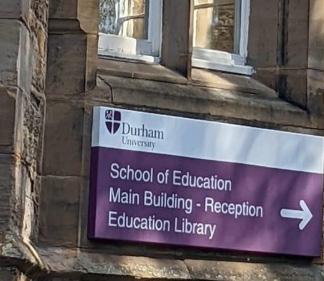
Similar to the aims of the research journal, this post-graduate degree program offers an ideal opportunity to combine contextualized and professionally relevant research, practice and personal reflection. Whilst school-based research is highly contextualized, the results of robust research projects, even on a small scale, can serve as a stimulus to schools in other geographical regions and cultural contexts.
Potential candidates are invited to apply for the autumn 2025 term. Some funding may be provided through The Bridge.

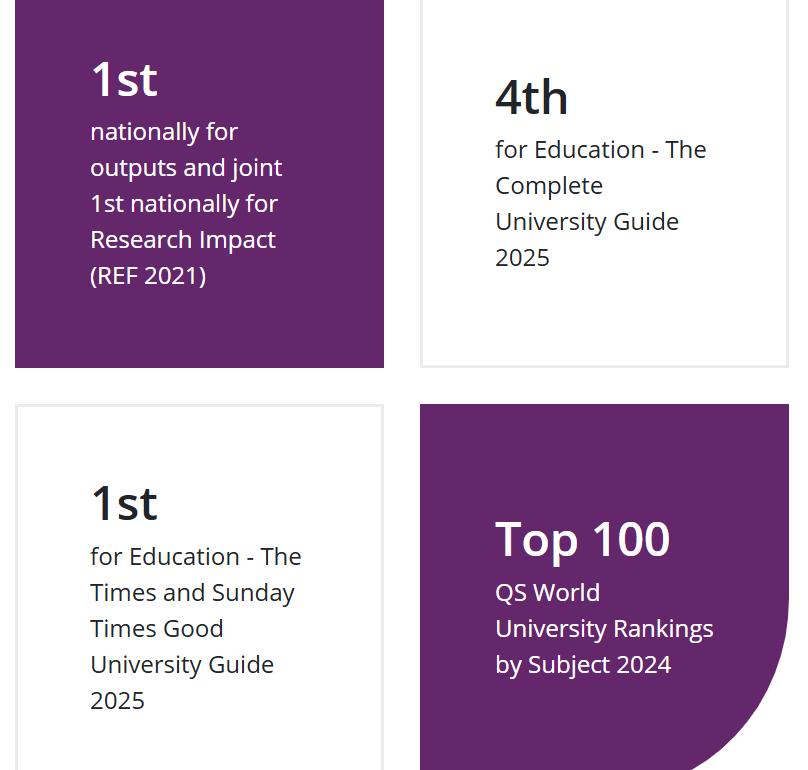
If you have questions or would like to discuss your potential research project, please contact Karen Taylor at ktaylor@wellingtoncollege.org.uk
Head of Educational Research, The Bridge
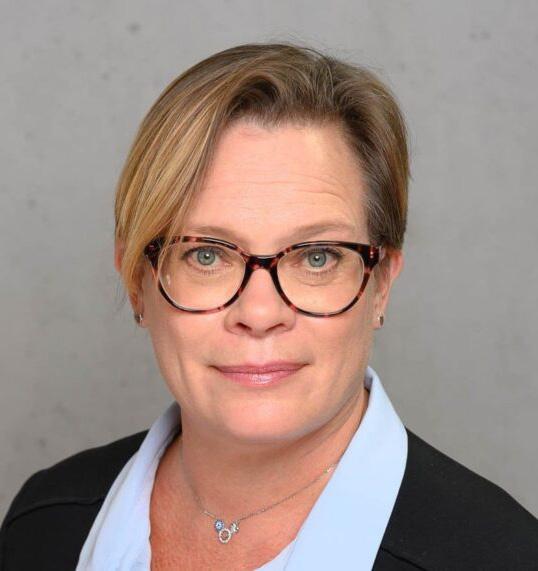
We speak often about what it means to be a reflective practitioner. I believe reflective practice is based in part on a willingness to articulate and, challenging as it may be, to rearticulate over time one’s own fundamental beliefs about the nature and purpose of education. Ultimately, my academic research and practice in schools has led me to become a strong champion for inclusion and I would like to expand a bit on what this means to me.
Fully inclusive education begins with the assumption that all children have a right to be in and profit from the same educational space. To my mind, inclusion also means thinking about ourselves as a community of learners encompassing both children and adults (we are equally learners in a process of co-constructing knowledge) reflecting a belief in the capacity of each individual to engage in a meaningful and personally challenging learning journey.
I am also convinced that four fundamental approaches to learning and teaching are necessary if we are to meet the needs of the highly diverse student populations with whom we work and to create learning environments that will allow them to excel.

permits us to draw from the richness of students’ varied cultural backgrounds. It is empowering in that it valorizes the knowledge and experience that children bring to the classroom. It is inherently linked to
whereby the methods of teaching to multilingual learners draw from current research in language acquisition and support cognitive development through the integration of student language profiles into classroom practices.

Another way in which we maintain inclusive classrooms is to work from a
For several years now I have been elaborating on classroom practices intended to make learning accessible to all students. Working within the framework of the science(s) of learning means developing a profound understanding of the conditions necessary for deep, authentic and personalised learning which leads naturally to high quality teaching and contributes to the development of students as autonomous, agentic learners. Attention to fundamental and essential approaches to learning and teaching contributes to our
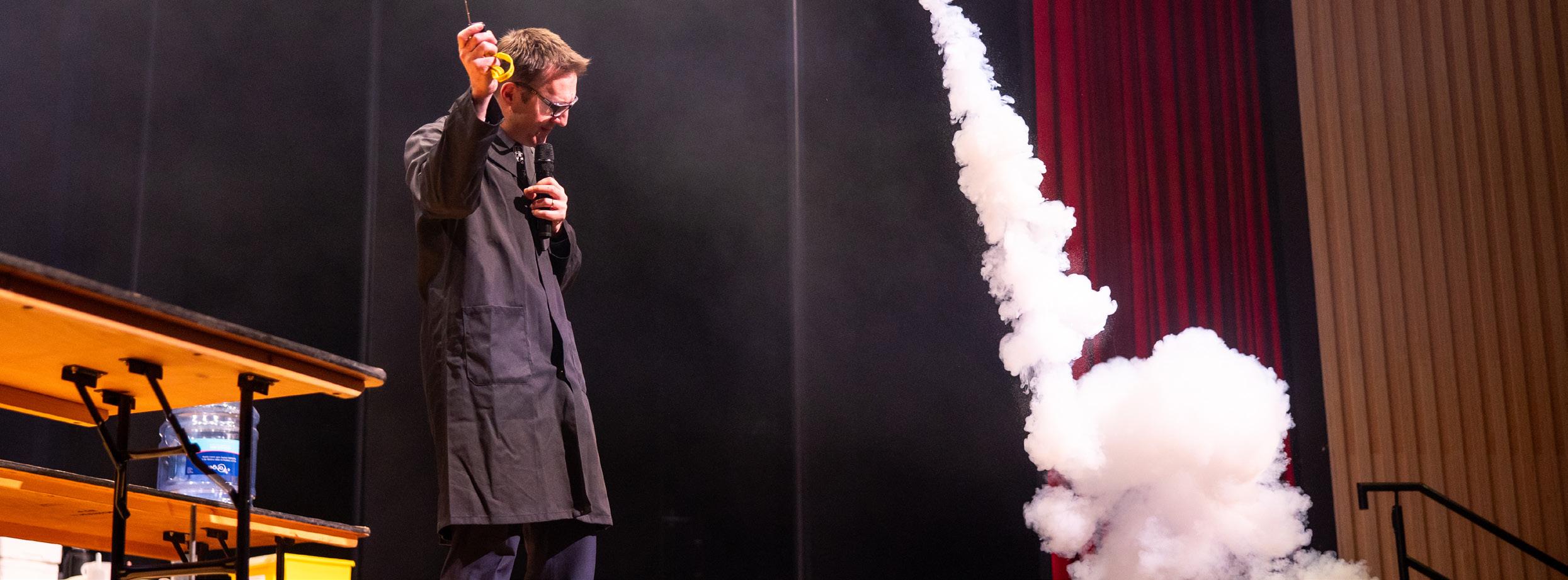
capacity to create and maintain inclusive classrooms in which, in the words of KusumaPowell and Zoller, students feel known, loved, safe and successful.
The principles of learning are not static and classroom practices should modify in accordance with developments in research and our understanding of the way in which the human mind works. However, remaining engaged with educational research is not always easy. Teachers are busy people and academic writing by researchers is usually highly specific, challenging to synthesise and, often, even more difficult to translate into concrete instructional practices. I am excited that The Bridge and its new research journal will serve as a place where the practical wisdom of classroom-based action research and educational theory can meet.
A curriculum serves as a framework for learning that involves the meeting of core standards. It provides structure. Within that structure, however, schools have a margin of manoeuvre to alter, modify or adapt content in order to fully support student learning. What is perhaps most important as a driving factor in studentcentred decision-making is the choice of pedagogical practices and their purpose. If reflective classroom practitioners are able to draw effectively

from current research in education then we have already come a long way along the continuum toward full inclusion by becoming increasingly sensitive to neurodiversity.
The final element to inclusive education involves
by seeking to understand the tension that exists between the notion of individual identity and the social and cultural structures (including the classroom) in which identity(ies) develop and play out. It is about creating a space for dialogue with the potential for transformation, whether individual or social.
Ultimately, like all educators, I am driven by a desire to create the best possible environment for each and every student to flourish. This is only possible with a deep commitment to ensuring their physical, intellectual and emotional wellbeing. Questions of moral and ethical values that may be introduced in the classroom are given life and immediacy in the interactions that take place outside of the classroom, in the quality of human relations that we create.
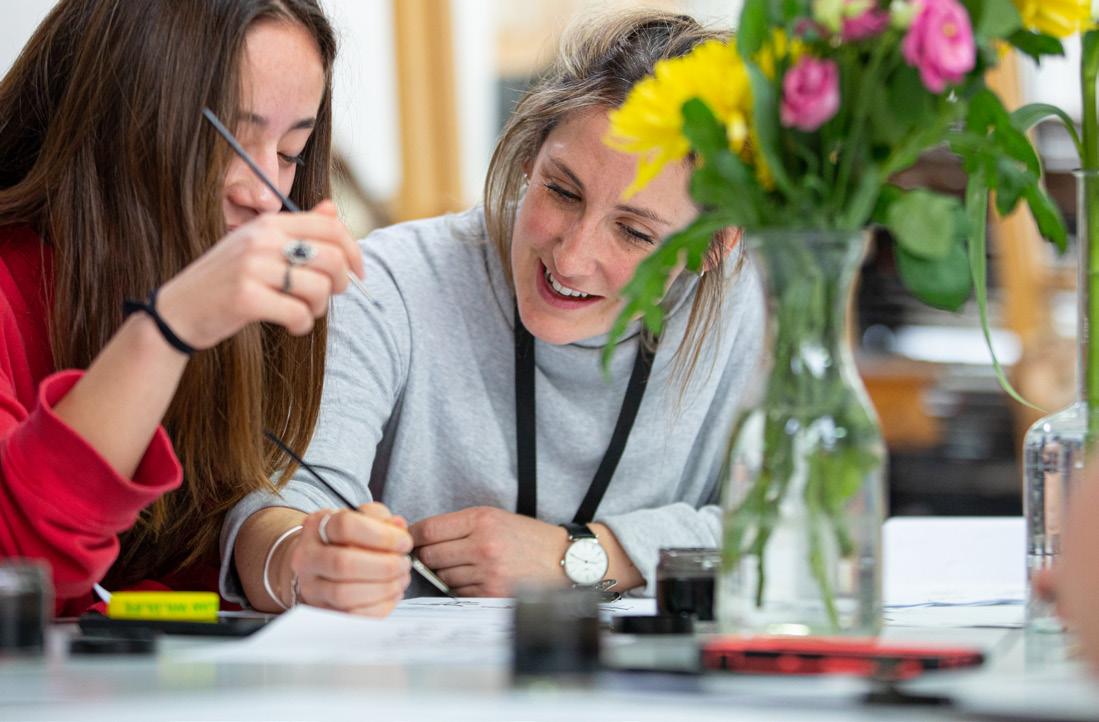
St. Andrew’s Episcopal School in Potomac, Maryland, with its wonderful Centre for Transformative Teaching and Learning, was once again the host for the 2nd USA Festival of Education. Attendance leapt up to just over 400 this year, and those who attended were met with the classic Festival dilemma – there was just so much to choose from! Natalie Wexler, author of The Knowledge Gap, opened the event with a compelling keynote address on linking the science of learning with the science of literacy. From there, a rich variety of enthralling sessions kept delegates inspired throughout the day, with content from Cognitive Science to Coaching; from Early Years to EdTech, from Wellbeing to AI and the Future of Education and much more.
The closing keynote brought Dr. Amy Lloyd, Assistant Secretary for the Office of Career, Technical and Adult Education, in conversation with Scott Forbes, Deputy CEO of Skills and Education Group. In what was her final engagement before leaving office, she made a compelling case for the elevation of skills education in the USA, which resonated with attendees from a variety of cultures.


Educators from many schools around the region came together for a justified celebration of some of the best educational thinking and practice in the region. We welcomed 6 new Education Partners, who added greatly to the event through contributions from speakers and attendees:
• Denla British School
• American School of Bangkok
• International School, Bangkok
• St. Andrew’s International School, Bangkok
• Shrewsbury International School
• Bangkok Patana School
This emphasised the Festival’s role in bringing together curious, growth-focussed teachers

and leaders, to celebrate and be at the forefront of educational thought leadership, research and development. We were honoured to welcome keynote speeches, firstly from Sir Anthony Seldon, Founding Director of Wellington College Education, whose inspiration brought about the very first Festival in 2010. Anthony spoke passionately about The Future of AI in Education, and the accompanying critical importance of elevating humanity and flourishing. Following this, we heard from Professor Vichai Ariyanuntaka, Advisor of the Thai Arbitration Institute, whose address about the crucial role that international education plays in moulding globally minded, transculturally literate young people resonated strongly with the audience. Chris Nicholls, Master of Wellington College International School Bangkok, masterminded proceedings expertly, and emphasised the value of rich collaboration.
Sessions during the day, with topics as diverse as AI, wellbeing, coaching, all sorts of pedagogical practices, and even recognising Thai swear words, were well attended and sometimes almost overflowing as we had a 55% increase in attendance this year. This was really strong evidence that the Festival is bringing the benefits of productive collaboration.
Thanks from all at The Bridge to our Content Partners:
• Inner Drive
• Evidence Based Education
• Teaching Walkthrus and our Core Partners who are instrumental in bring this event together:
• Our Global Strategic Partner, the Skills and Education Group
• The team at EducationScape, The Bridge and Wellington College Education who operate this Festival and the network of Festivals across the globe.



• Foundational Coaching - 15th & 16th January 2025
• Leading for Impact - 22nd January 2025
• Advanced Coaching - 6th & 7th February 2025
• Character Education and Wellbeing - 12th February 2025
• Retention and Recruitment Conference - 10th March 2025
• Instructional Coaching - 11th March 2025
• Mobile Phones in Schools Conference - 31st March 2025
• 8th Festival of Education - China - 12th April 2025
• Foundational Coaching - 24th & 25th April 2025
• New and Aspiring Senior Leaders - 28th April 2025
• Tough Conversations - 30th April 2025
• Advanced Coaching - 8th & 12th May 2025
• Public Speaking - 3rd & 17th June 2025
• Leadership, Humanity and Flourishing Conference - 30th June & 1st July
• 15th Festival of Education - UK - 3rd & 4th July 2025
Monday 31st March 2025
There is strong rhetoric is for restricting or banning the use of mobile phones in schools, both of which may be legitimate courses of action that make sense depending on context. In devising an appropriately contextualized policy schools will need to consider a range of important questions: Should there be a total ban?
If so, how?
What is the potential downside of this, and how might this be managed?
What can your school learn from the experience of others?
What are the potential benefits or disadvantages of allowing controlled usage?
How can this be managed effectively?
Monday 10th March 2025
With the ongoing crisis in teacher numbers, wellbeing, mental health and fulfilment, the car crash of retention is stark. Dr Haili Hughes and Sam Gibbs are experts in the field, and in leading this conference on March 10th will provide all attendees with the most practical steps to implement in their schools.
Monday 30th June and Tuesday 1st July 2025
Worcester College, Oxford
Click here or scan the QR code to view all The Bridge, CPD courses and conferences.
Our annual conference will focus on leadership in education and beyond as a catalyst for ecosystem-wide flourishing, bridging academic research on leadership’s impact with scientific and philosophical insights into what it means to be human. We will explore how leadership can integrate the principles of truth, beauty, and goodness— grounded in love—to promote flourishing across individual, organizational, and societal levels. We will build upon the work of the Leadership for Flourishing group, which is hosted by the Flourishing Network at The Human Flourishing Program at Harvard University’s Institute of Quantitative Social Sciences; the Wellington Leadership & Coaching Institute at The Bridge, Wellington College; Global Social Leaders; and the Center for Equity, Leadership, and Social Justice in Education at Loyola University Maryland.

